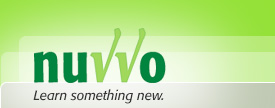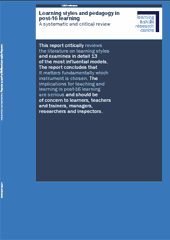
Hi - I'm a big fan of Del.icio.us. This free software is a collection of favourites - yours and everyone elses. Use Del.icio.us to:
- Keep links to your favourite articles, blogs, music, restaurant reviews and more on del.icio.us and access them from any computer on the web
- Share favourites with friends, family and colleagues
- Discover new things. Everything on del.icio.us is someone's favourite - they've already done the work of finding it. Explore and enjoy.
The picture is a snapshot of my del.icio.us. What's the point of being restricted by your PC's browser favourites folder when you swap PCs regularly? Plus, quite a few of my new favourites have come from exploring the site.
Cheers. Tobes















